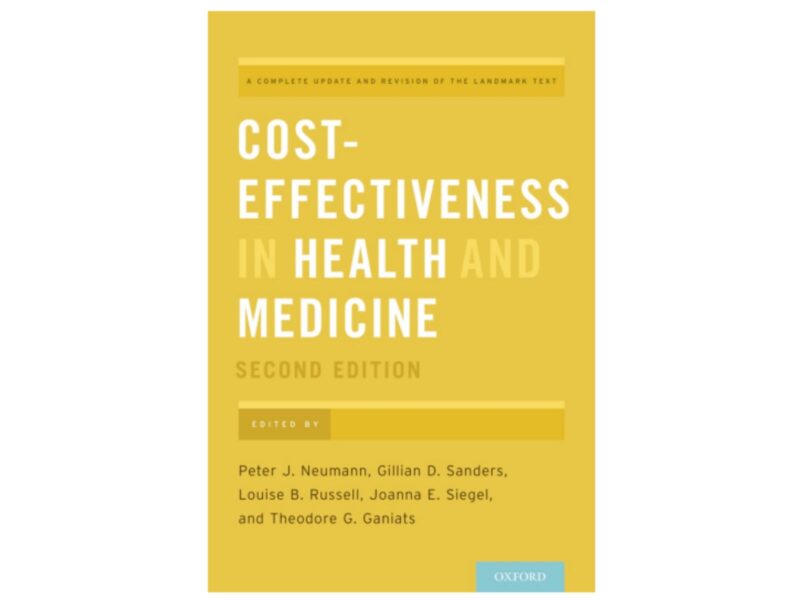Second Panel on Cost-Effectiveness in Health and Medicine

The US Panel on Cost-Effectiveness in Health and Medicine issued a report in 1996 that set the standards for reporting of cost-effectiveness studies in the field, resulting in a rapid expansion of publications and establishment of similar national standards in other jurisdictions. Twenty years later, the Second Panel on Cost-Effectiveness in Health and Medicine has just issued updated guidelines and recommendations for researchers to improve the quality of cost-effectiveness studies in order to promote comparability across studies for government policymakers, public health officials, payers and other interested parties.
Among several new recommendations, the panel establishes clearer distinctions between analyses conducted from the healthcare sector perspective and the societal perspective. The panel outlines the methods and elements to consider in an impact inventory in order to highlight the different costs and outcomes from each perspective. CHERISH director and cost-effectiveness expert, Dr. Bruce Schackman commented, “The impact inventory is especially important for health economic evaluations related to substance use disorders, because it requires consideration of outcomes in other sectors such as the criminal justice system that have long been advocated by economic researchers in our field. ”
Several recommendations related to quality of life may be of particular interest to researchers evaluating substance use disorder treatments. The Second Panel recommends that quality adjusted life years should be based on quality of life weights determined from both a patient and societal perspective. Notably, this panel also recommends considering quality of life impacts on family members, a topic not addressed by the first panel but recently addressed in a study by CHERISH-affiliated researchers related to quality of life in opioid use disorder. Unlike the first panel, this panel recommends that “the productivity consequences related to health status be reflected in the numerator of cost-effectiveness ratios for reference case analyses conducted under the societal perspective,” but that productivity consequences should not be considered when conducting analyses from the health care sector perspective.
The National Academy of Sciences will host a one-day conference highlighting the findings and recommendations of the Second Panel on Cost-Effectiveness in Health and Medicine. The one-day meeting will be held Wednesday, December 7th 2016 at the National Academy of Sciences in Washington DC. It will include several presentations from members of the Second Panel as well as several discussion panels. Online registration to attend in person or via webcast is now available.